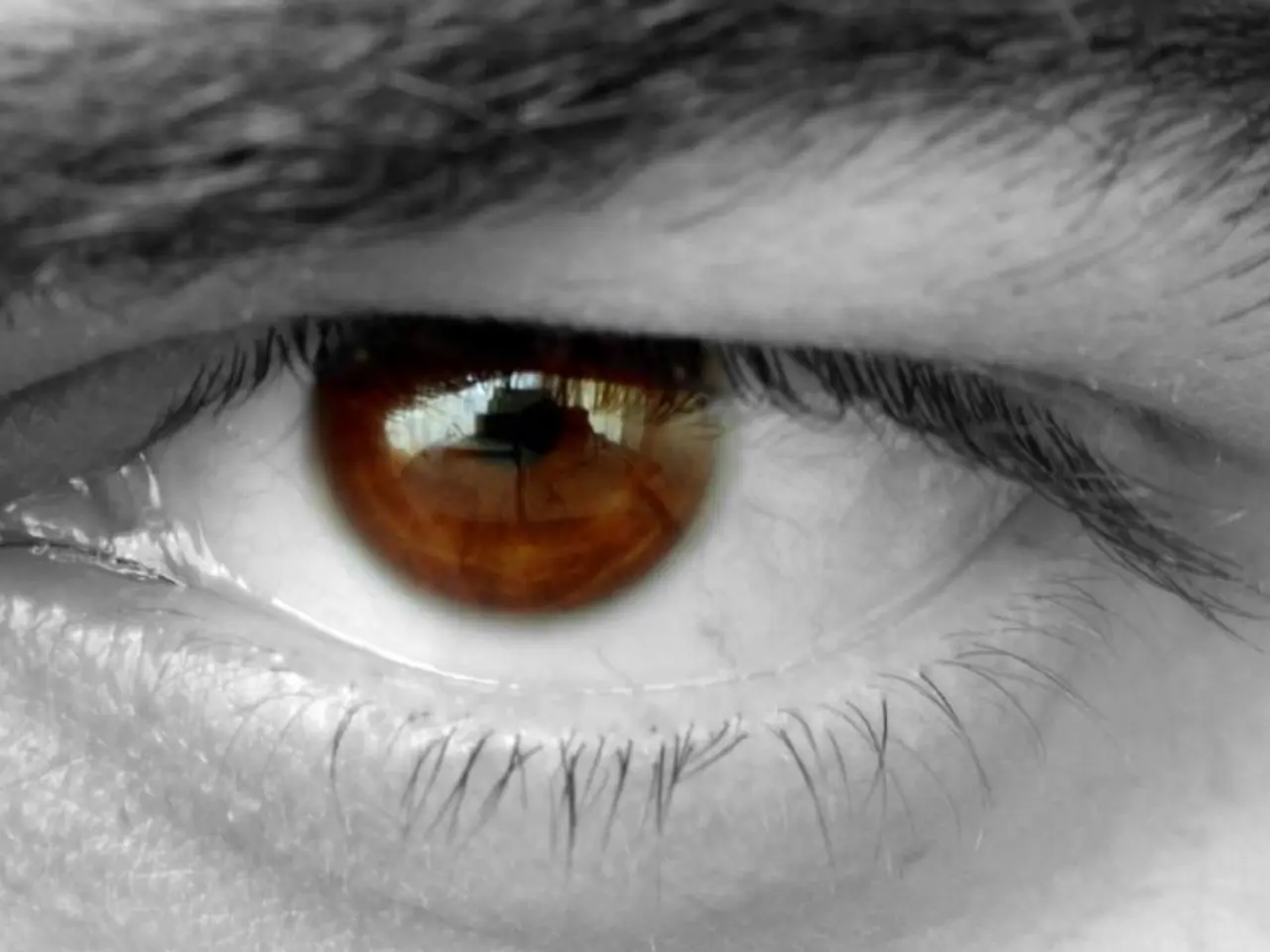Potential eye damage associated with this vitamin, often used to lower cholesterol levels.
if you're in a bind for statin alternatives due to their side effects, you might've heard about niacin, AKA vitamin B3. It's often used as the next line of defense for high cholesterol, but there's a catch you gotta know.
Overdoing it with niacin can lead to some serious issues, including a rare but potentially blinding toxic reaction called niacin-induced maculopathy. That's what happened to a guy at the New York Eye and Ear Infirmary of Mount Sinai. He took a hefty dose of around 3 to 6 grams daily, risking an excessive dose, and developed this condition, nearly causing him to go blind.
So, before you jump on the niacin bandwagon, keep this risk in mind. Even though it's still a viable option for treating high cholesterol, be cautious with your dosage and monitor your vitamin intake closely.
Fun fact: as we age, our bodies become less efficient at absorbing nutrients, so old age might cause a niacin deficiency instead of an overdose. In case you decide to use niacin, always let your doc know, and they can keep a close eye on your health.
Pro tip: Don't make the mistake of 38 million Americans – ensure you're not depriving your brain of essential nutrients while trying to protect it! Discover the truth behind cholesterol and your brain health.
Sources:
- Eye damage linked to popular over-the-counter vitamin that lowers cholesterol can be reversed - MedicalXpress
- Optical Coherence Tomography, Fluorescein Angiography, and Electroretinography Features of Niacin Maculopathy: New Insight Into Pathogenesis - Journal of VitreoRetinal Diseases
- Niacin to boost your HDL, 'good,' cholesterol - Mayo Clinic
- Cholesterol Control: Statins vs. Niacin - Healthline
- Statin side effects: Weigh the benefits and risks - Mayo Clinic
- Help for your cholesterol when the statins won't do - Harvard Health Publishing
- Excessive niacin intake can potentially lead to a rare condition known as niacin-induced maculopathy, which may cause vision loss, as seen in a patient at the New York Eye and Ear Infirmary of Mount Sinai.
- Although niacin can be an effective treatment for high cholesterol, it's crucial to be cautious with dosage and closely monitor one's vitamin intake to prevent serious side effects.
- As people age, their bodies might become less efficient at absorbing nutrients, which could potentially lead to a niacin deficiency instead of an overdose.
- To maintain optimal brain health, it's essential to ensure that one does not deprive their brain of essential nutrients while trying to protect it, by making informed decisions about their supplement intake.








